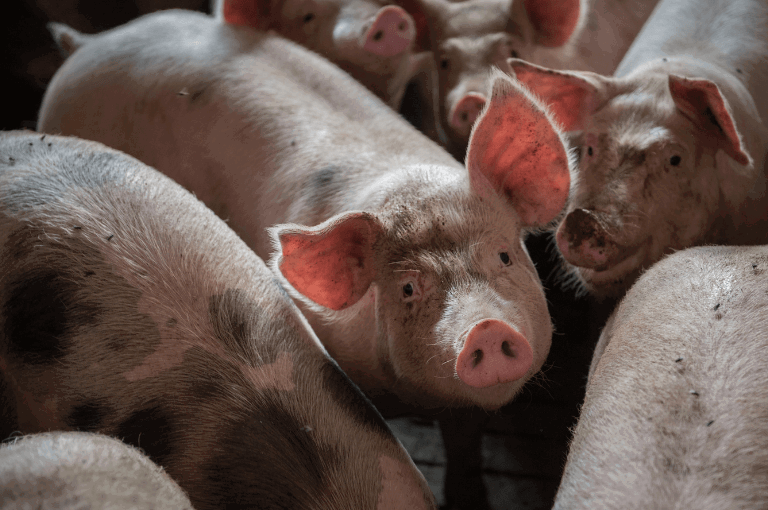8/3/2021
It’s often advised not to doubt that a small group of thoughtful, committed citizens can change the world, because it’s the only thing that ever has. That is the spirit behind this week’s announcement from seven leading food and retail brands that formed a working group to improve broiler chicken welfare standards.
Launched in 2014, the Better Chicken Commitment seeks to improve the lives of chickens across supply chains. More than 200 brands in the United States have committed to the Better Chicken Commitment, which sets a baseline welfare standard for breed selection, space allocation, environmental enrichments, slaughter method, and third-party auditing.
Until now progress towards the Better Chicken Commitment’s minimum standards of care has been slow; partly because there has been insufficient attention on the science and economics of shifting to higher welfare systems, and partly because most large producers have been dragging their feet on acknowledging the animal welfare, meat quality, and reputational concerns of their competitors.
This week, seven trailblazing companies—Aramark, Compass Group, Nestlé USA, Panera Bread, Shake Shack, Sodexo and Target—announced a means to change that, by forming the US Working Group for Broiler Welfare. Together, the group hopes to tackle some of the scientific and supply chain challenges currently preventing implementation of the Better Chicken Commitment. Over 9 billion chickens raised in the United States every year spend their days in dark and overcrowded sheds, devoid of natural light and perches, surrounded by tens of thousands of other chickens. The only thing chickens have an opportunity to do is eat, trying to quell a ravenous hunger created by selective breeding with only one priority—rapid growth.
The Dutch call the current industry-standard chickens “plofkip,” which translated literally means “exploded chicken.” These birds have been selectively bred to grow so big, so fast, that they often struggle to stand under their own weight. Their fast-growth genetics put significant strain on their heart, lungs, and immune systems, which in turn causes muscle deformities that translate to poor quality meat for consumers.
By contrast, there are higher welfare breeds that align with trends in consumer preference. Higher welfare birds are more balanced, meaning less breast meat but more thigh, drumstick, and wing—cuts which are of particular interest to millennials and younger consumers who have more diverse palates than their parents. The data also shows a significant improvement to meat quality—reducing the incidence of woody breast and white striping, which is of increasing concern to both companies and consumers.
But it’s important to be upfront about the challenges too.
Better systems aren’t free and higher welfare breeds tend to grow a little slower, requiring an extra week or two to reach the same body weight. And this means more feed, which has sustainability implications. But, with healthier birds and higher meat quality, there is an opportunity to decrease overall physical and economic waste in the system, opening the door to producing fewer, but better chicken products. This shift aligns with consumer trends, as plant-based meat companies continue to gain market share and roll out new products, such as the recent launch of a Beyond Meat version of Panda Express’ brand staple “Original Orange Chicken.”
Instead of continuing to resist the change, major chicken producers should look to the cage-free egg market as precedent. Early industry resistance was overcome by consumer demand. Cage-free hens now represent 27% of the laying hen flock, up from 10% just five years ago. Ten states have now passed laws banning caged egg production, forcing timelines on some unprepared producers.
With over half of the American population “extremely” or “very” concerned about how chickens are raised, per the National Chicken Council, consumers and the 200 brands that have signed up to the Better Chicken Commitment are ready for a change. It’s time to make that change a reality.
Ben Williamson is the US executive director of Compassion in World Farming
